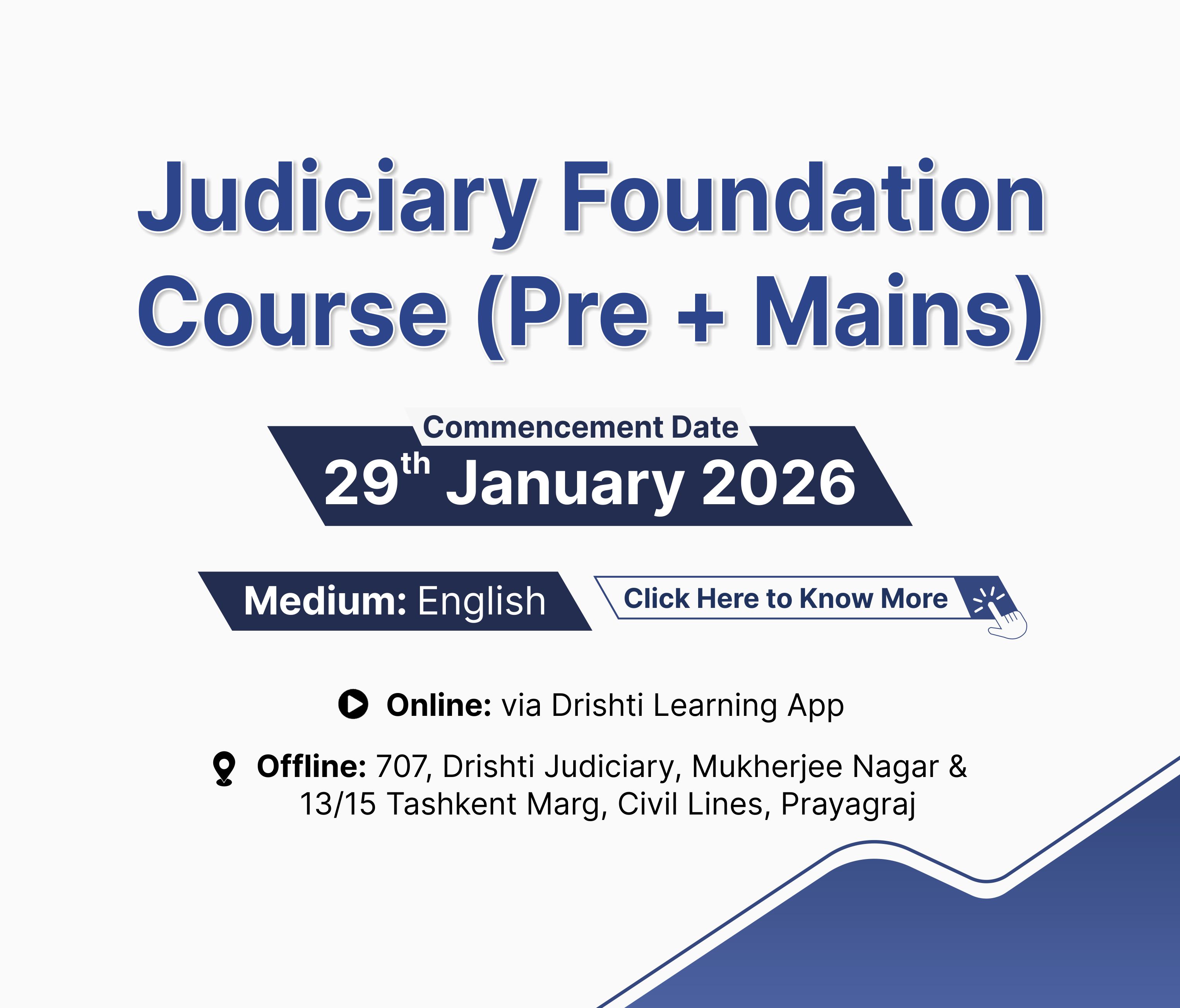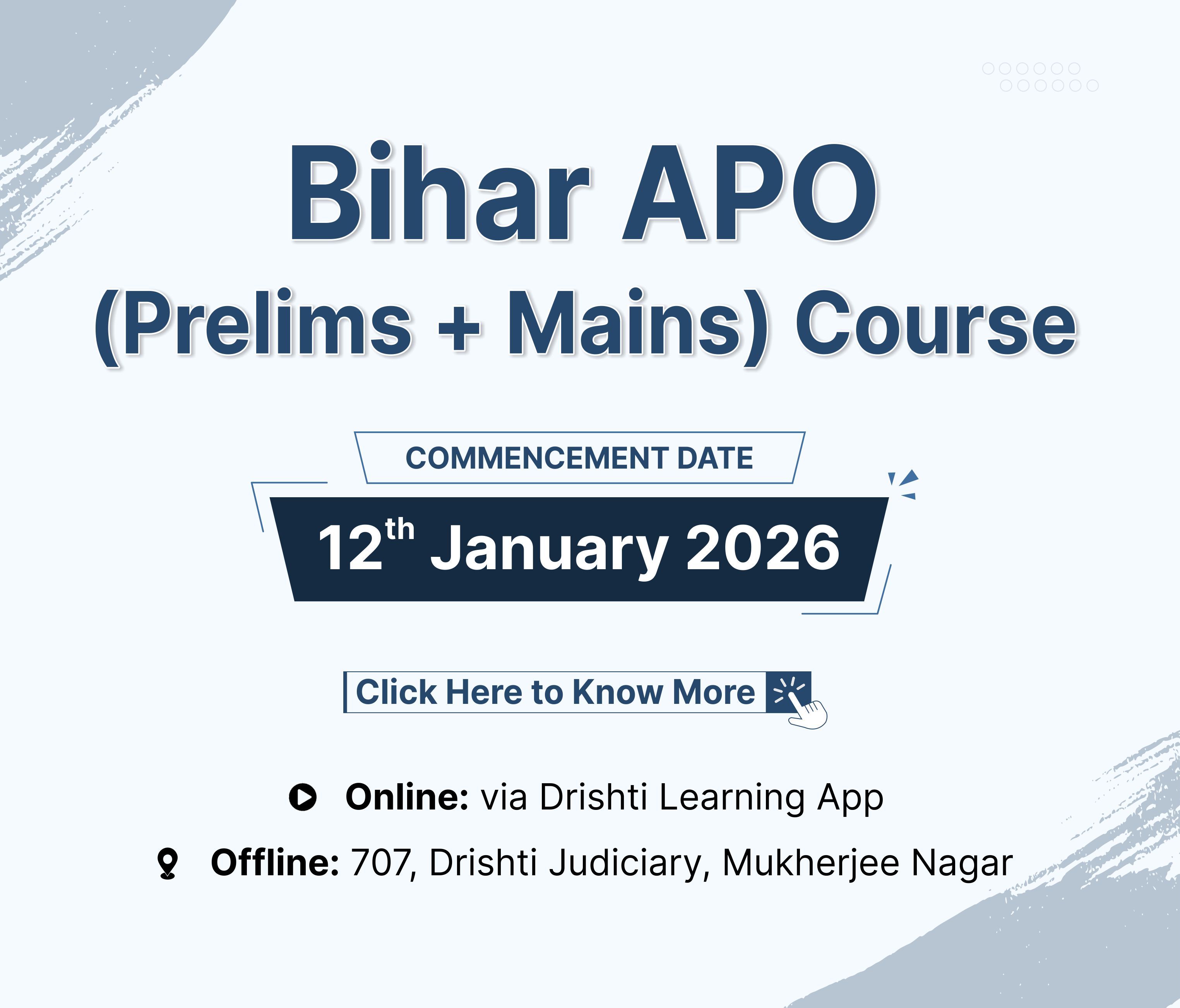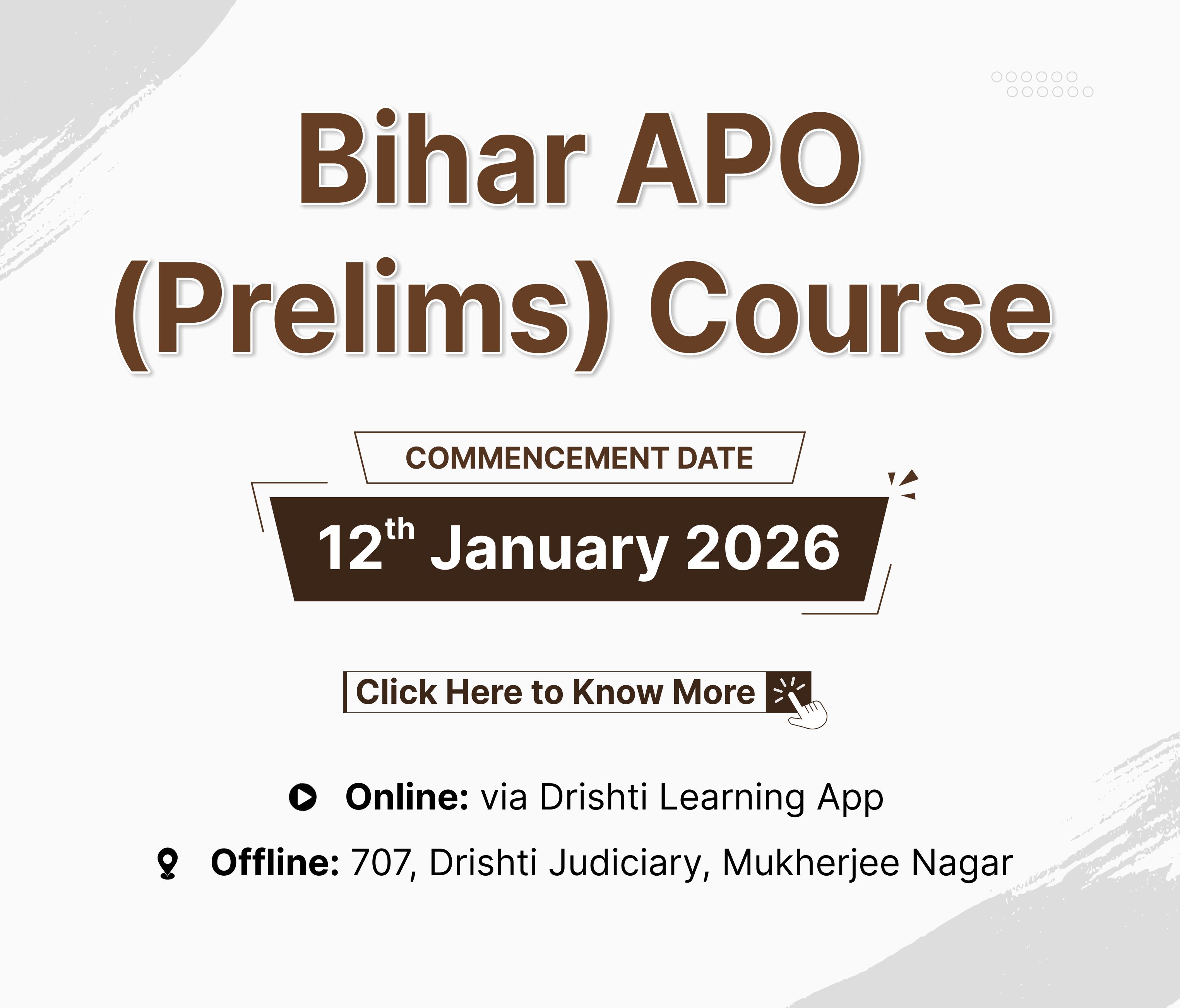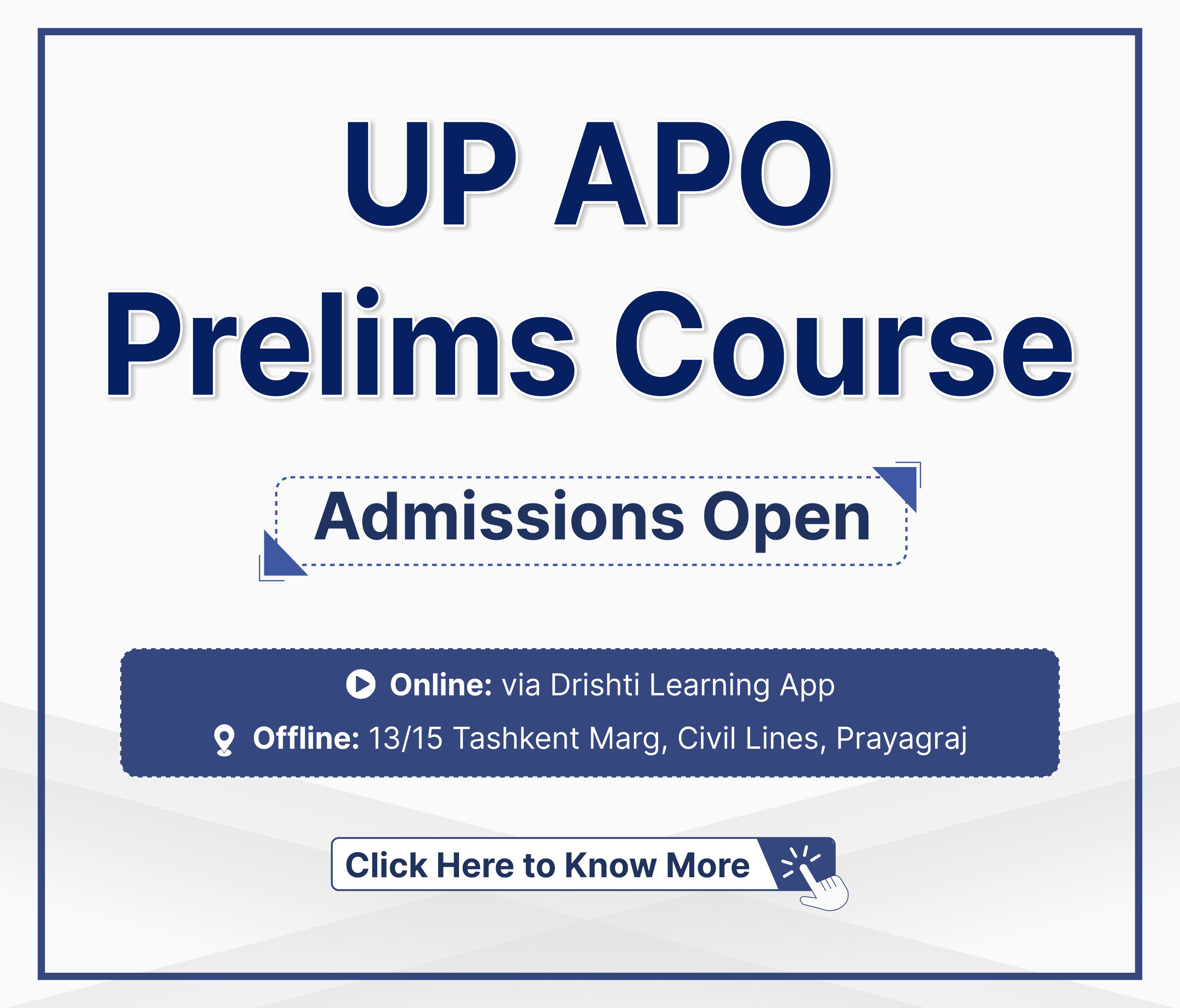List of Vocabulary
Easement
- An easement is a nonpossessory right to use and/or enter onto the real property of another without possessing it.
Electronic Record
- A record generated, communicated, received, or stored by electronic means for use in an information system.
Emergency
- An unforeseen combination of circumstances or the resulting state that calls for immediate action.
Encroachment
- The action of encroaching i.e. intruding usurpingly
Encumbrance
- A claim, lien, liability, attached to property as mortgage etc.
Endanger
- To put in peril.
Endowment
- A donation of money or property to a non-profit organization, which uses the resulting investment income for a specific purpose.
Enforce
- To compel the observance of.
Entitled
- a legal right to do something or have something
Estate
- Property in which one has a right or interest.
Euthanasia
- The act of deliberately ending a person's life to relieve suffering.
Ex-Parte
- With respect to or in the interests of one side.
Examination In Chief
- The examination of witness by the party who calls him.
Exception
- Exclusion of anything or a person.
Execution
- The action of executing or carrying into effect.
Exemption
- The action of exempting; the state of being exempted; immunity from a liability, obligation, penalty, law or authority
Expert Opinion
- Opinion of a person who has made special study of a subject or acquired special experience therein.
Extortion
- The action or practice of extorting anything, especially money, from a person by force or by undue exercise of authority or power.
Extract
- excerpt quotation; a portion or fragment of any writing ; to draw anything from a substance by heat, distillation, solvents
Extradition
- the action of giving up a fugitive criminal to the authorities of the State in which the crime was committed











